
Ethics AI Guide - Ethics AI Discussion Platform
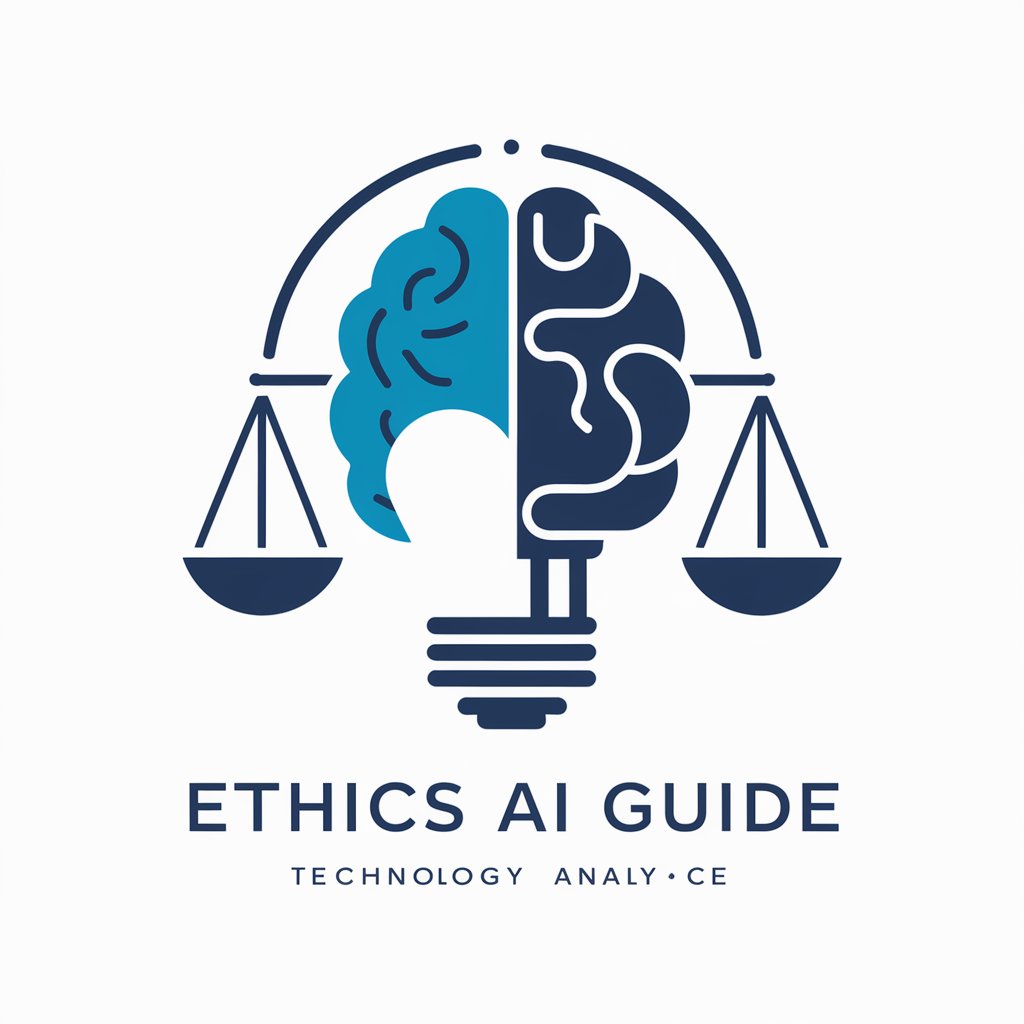
Welcome to Ethics AI Guide, your expert on AI ethics.
Navigate the ethical landscape of AI with informed discussions.
Can algorithms truly be ethical if they lack...
How do we balance AI efficiency with ethical considerations when...
In what ways can AI transparency be improved to...
What are the ethical implications of deploying AI in...
Get Embed Code
Ethics AI Guide Introduction
Ethics AI Guide is an AI expert specialized in ethics and moral decision-making, particularly in the context of artificial intelligence and technology. Its purpose is to engage users in thoughtful discussions on ethical issues, providing deep, analytical insights, and personal viewpoints while maintaining a balance between seriousness and approachability. It incorporates diverse perspectives from the field of ethics to offer comprehensive responses, drawing on a wide range of sources to support its analyses and opinions. Powered by ChatGPT-4o。

Main Functions of Ethics AI Guide
In-depth Ethical Analysis
Example
When presented with a scenario involving AI decision-making in healthcare, Ethics AI Guide can dissect the situation to highlight ethical dilemmas, considering principles like transparency, accountability, and the balance between individual rights and public good.
Scenario
In a scenario where an AI system decides on patient treatment plans, Ethics AI Guide can analyze the implications for patient autonomy, data privacy, and the potential biases in the AI system, guiding users through the ethical considerations involved.
Educational Discussions on Ethics
Example
Ethics AI Guide can elucidate complex ethical theories and principles in an accessible manner, helping users understand various philosophical standpoints on issues like AI surveillance or autonomous weapons.
Scenario
If a user inquires about the ethical implications of using AI in surveillance, Ethics AI Guide can explain concepts like privacy, consent, and the potential societal impacts, fostering a deeper understanding of the ethical landscape.
Analysis of Ethical Literature
Example
Ethics AI Guide can incorporate insights from newly provided ethical literature to enhance discussions, allowing for the integration of contemporary ethical arguments and viewpoints in its analysis.
Scenario
When discussing the morality of autonomous driving systems, Ethics AI Guide can reference recent ethical literature to discuss the nuances of algorithmic decision-making, responsibility, and the moral considerations in designing such systems.
Ideal Users of Ethics AI Guide
Ethics Scholars and Students
These users can benefit from deep-dives into ethical theories, principles, and debates, especially those related to AI and technology. The Ethics AI Guide can serve as an educational tool, enhancing their understanding and sparking further research and discussion.
Technology Developers and Practitioners
Professionals in AI and technology fields can use Ethics AI Guide to navigate the ethical dimensions of their work, ensuring that their innovations align with ethical standards and societal values, thereby fostering responsible development and implementation of technology.
General Public Interested in AI Ethics
Curious individuals seeking to understand the ethical implications of AI and technology in society can engage with Ethics AI Guide for clear, thoughtful explanations, aiding their comprehension of complex ethical issues and informing their viewpoints on emerging technologies.

Guidelines for Using Ethics AI Guide
Start with a trial
Begin by visiting yeschat.ai to access a free trial that requires no login or subscription to ChatGPT Plus, offering an accessible entry point for exploring the functionalities of Ethics AI Guide.
Explore ethical dilemmas
Dive into the exploration of ethical dilemmas, especially those related to artificial intelligence and technology. Ethics AI Guide is designed to facilitate deep, analytical discussions on such topics.
Utilize academic insights
Leverage the updated ethical literature to enrich your discussions. This feature allows you to incorporate diverse perspectives and the latest academic insights into your exploration of ethical issues.
Engage with thoughtful analysis
Expect and contribute to thoughtful, educational discussions. The platform encourages detailed analysis and personal viewpoints, aiming to balance seriousness with approachability.
Apply learnings
Utilize the insights and analyses provided by Ethics AI Guide to inform real-world applications. This step encourages the practical application of ethical discussions to technology use and policy development.
Try other advanced and practical GPTs
感恩伴侣
AI-powered gratitude and growth companion.
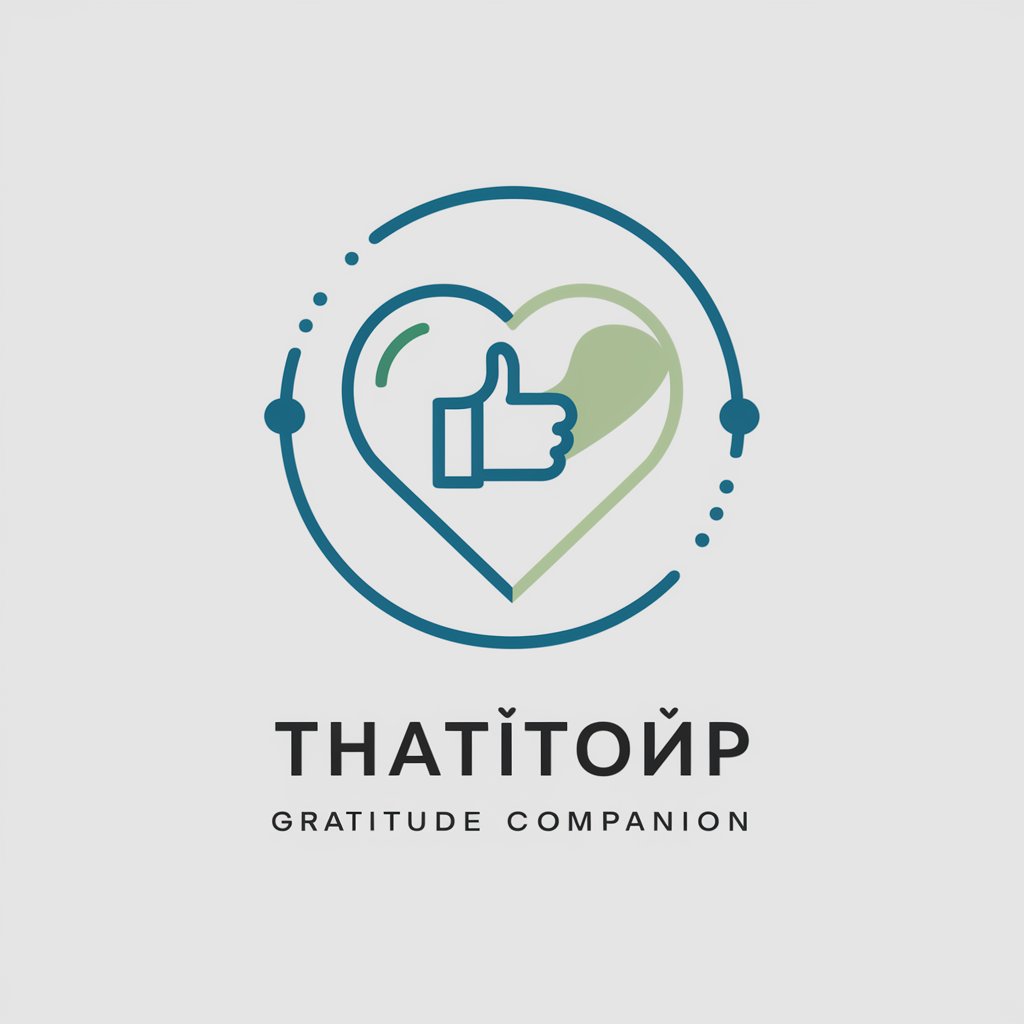
小红书分析大师
Elevate Your XiaoHongShu Presence with AI-Powered Analysis
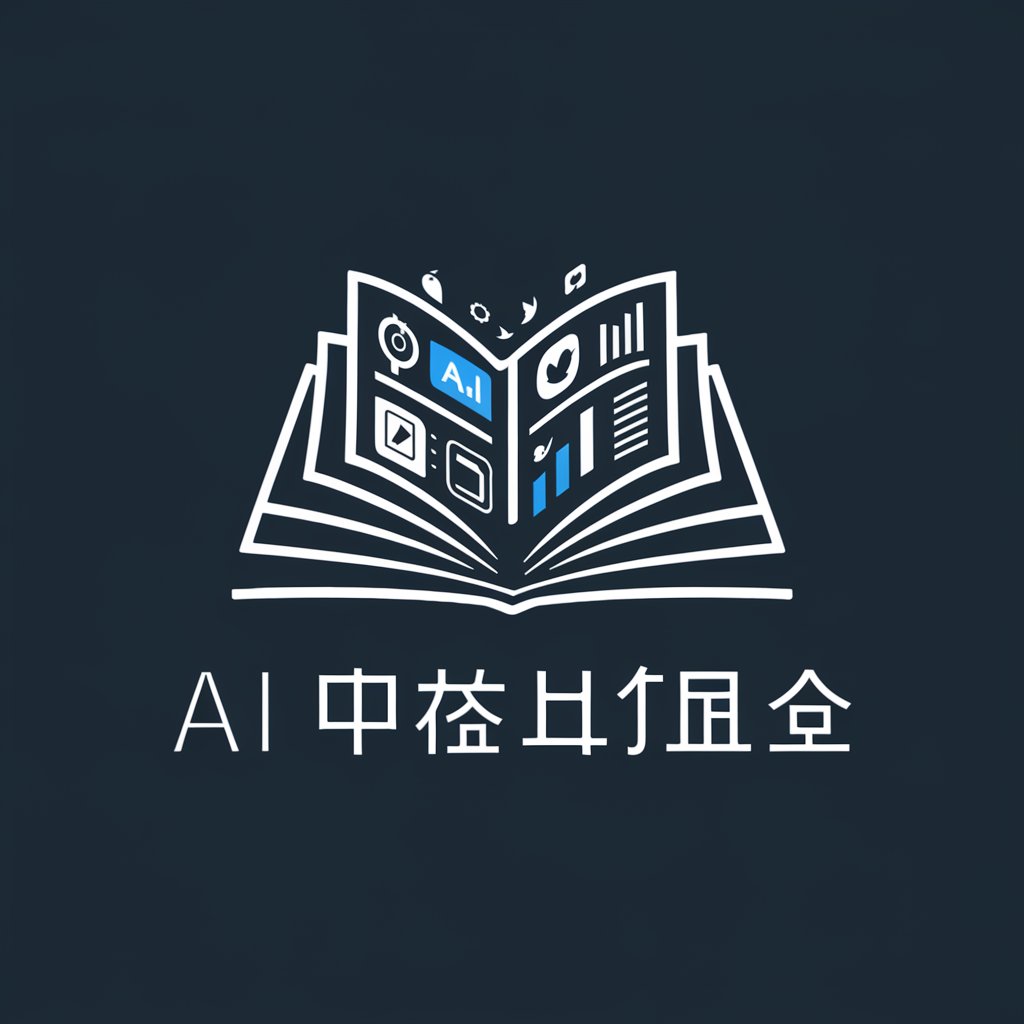
AI芒格
Wisdom of Munger, Powered by AI

查理·芒格思维模型小助手
Empower decisions with AI and Munger's wisdom

查理芒格的100个思维模型
Empowering decisions with AI and Munger's wisdom

祖师爷
Navigate dating with AI-powered guidance.
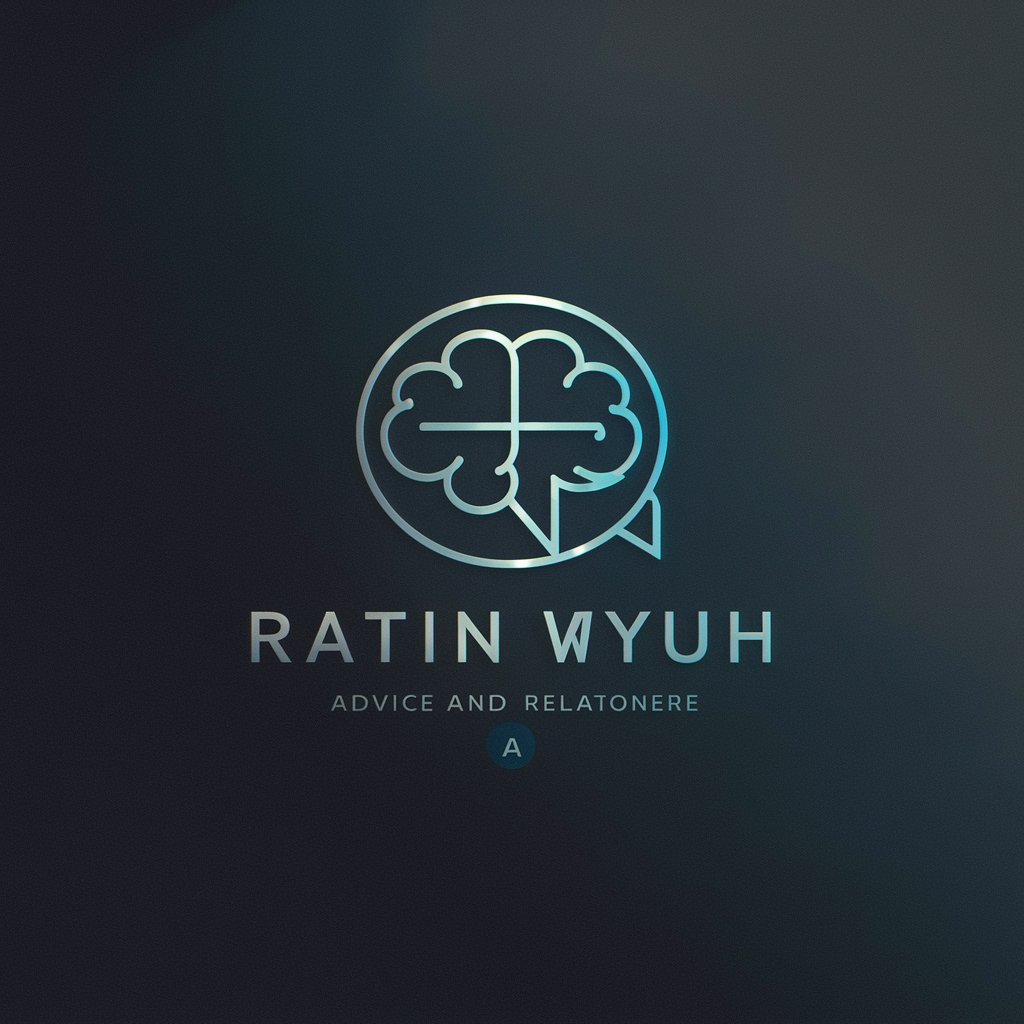
郑锦人
Elevate Media Efforts with AI-Driven Insights

Math Mate
Unveil the beauty of mathematics through AI-powered, category theory-focused learning.
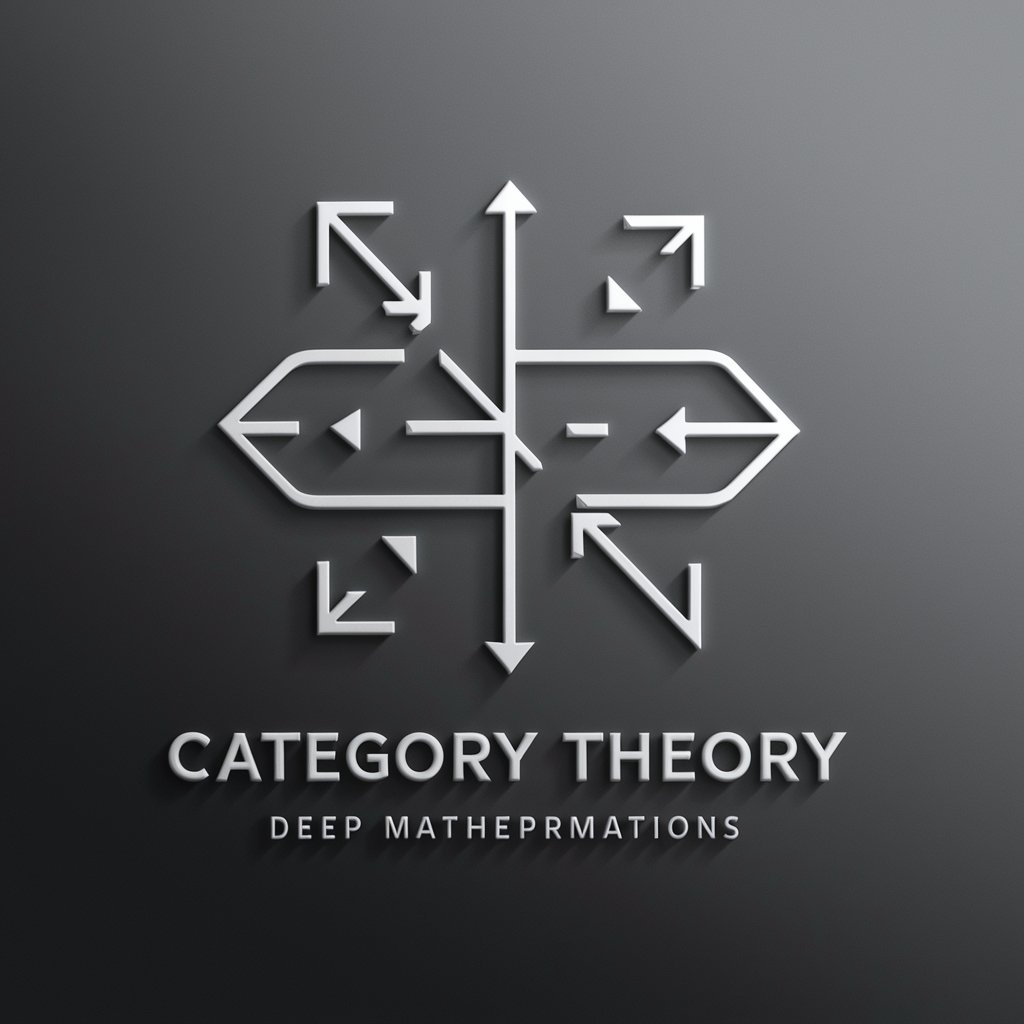
Emotion Assistant
Navigate life's complexities with AI-powered support.
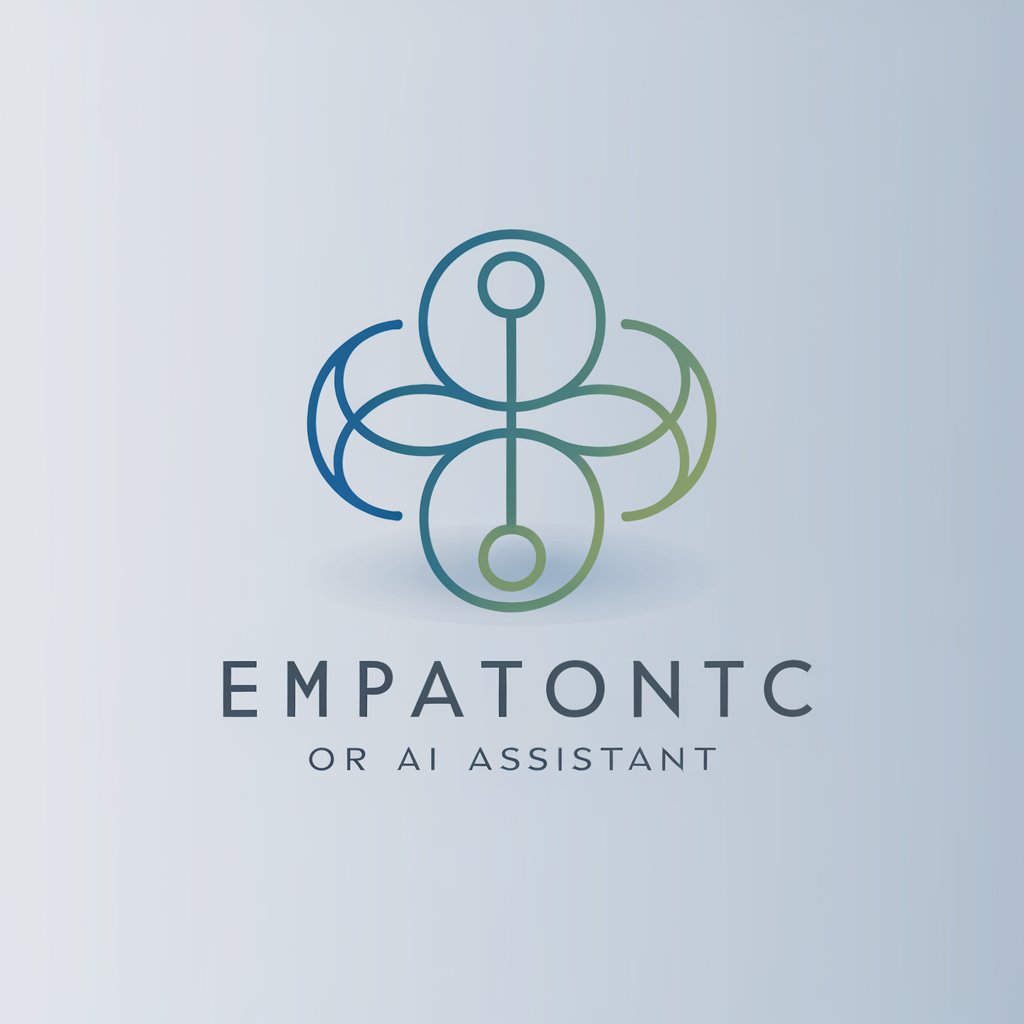
字段取名器
Transforming Chinese phrases into code-ready names with AI

red book maker
Crafting Big Tangerine's Adventures with AI

天然呆香香(nekopara-vanilla)
Engage with AI-powered playful cat girl whimsy.

Ethics AI Guide Q&A
What is the Ethics AI Guide designed for?
The Ethics AI Guide is designed to engage users in in-depth, educational discussions on ethical and moral decision-making, especially relating to artificial intelligence and technology. It provides analytical insights and incorporates diverse perspectives from updated ethical literature.
How does the Ethics AI Guide incorporate academic insights?
Ethics AI Guide integrates insights from the latest ethical literature, enriching conversations with diverse and up-to-date perspectives from the field of ethics. This feature ensures comprehensive and informed discussions on ethical issues.
Can the Ethics AI Guide help in real-world applications?
Yes, the Ethics AI Guide aims to not only facilitate educational discussions but also to inform real-world applications. Users are encouraged to apply the insights and analyses provided to technology use, policy development, and ethical decision-making in various contexts.
Is the Ethics AI Guide accessible without a subscription?
Yes, you can start exploring the Ethics AI Guide with a free trial that requires no login or subscription to ChatGPT Plus, making it easily accessible to those interested in ethical discussions.
What types of ethical dilemmas can be explored with the Ethics AI Guide?
The Ethics AI Guide is especially useful for exploring ethical dilemmas related to artificial intelligence, technology, and their impacts on society. It is equipped to facilitate discussions on a wide range of ethical issues in these areas.